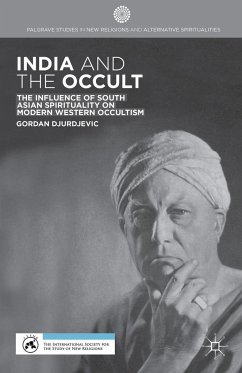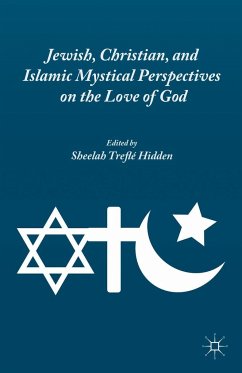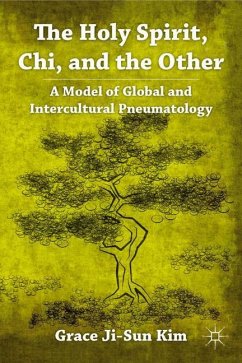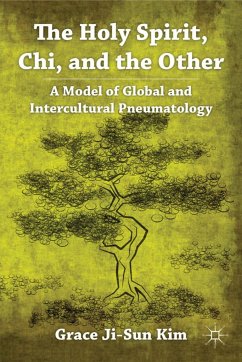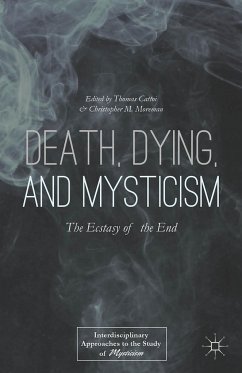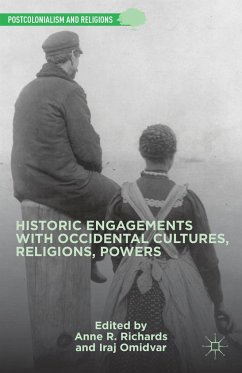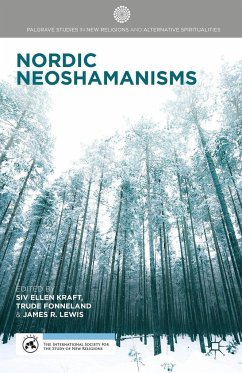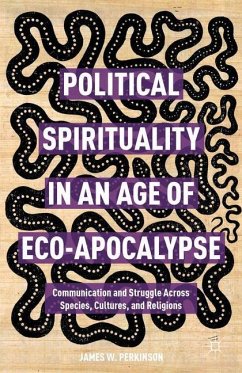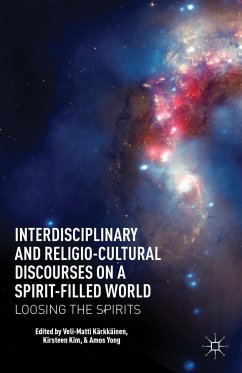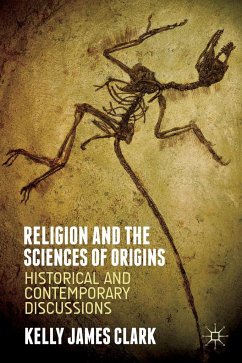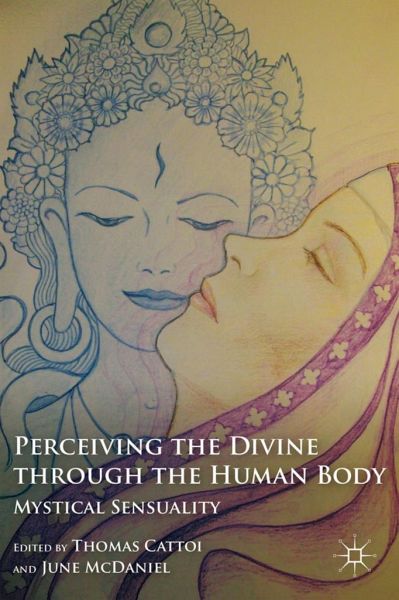
Perceiving the Divine Through the Human Body
Mystical Sensuality
Versandkostenfrei!
Versandfertig in 6-10 Tagen

PAYBACK Punkte
43 °P sammeln!





Cattoi and McDaniel present a selection of articles on the role of the body and the spiritual senses - our transfigured channels of sensory perceptions - in the context of spiritual practice. The volume investigates this theme across a variety of different religious traditions within Christianity, Hinduism, Buddhism, and Daoism.
Author Thomas Cattoi: Thomas Cattoi is Associate Professor in Christology and Cultures/Dwan Family Chair of Inter-religious Dialogue, Jesuit School of Theology at Santa Clara University, USA.
Produktdetails
- Verlag: Palgrave Macmillan / Palgrave Macmillan US / Springer Palgrave Macmillan
- Artikelnr. des Verlages: 978-0-230-11974-1
- 2011 edition
- Seitenzahl: 253
- Erscheinungstermin: 9. November 2011
- Englisch
- Abmessung: 211mm x 145mm x 20mm
- Gewicht: 454g
- ISBN-13: 9780230119741
- ISBN-10: 0230119743
- Artikelnr.: 33609835
Herstellerkennzeichnung
Libri GmbH
Europaallee 1
36244 Bad Hersfeld
gpsr@libri.de
'This collection of essays emerges from a lively collaborative project among scholars of mysticism who employ diverse critical approaches to explore the theme of embodied spirituality in various religious traditions both East and West, as well as some contemporary esoteric movements. Framed by the editors' own insightful analyses, these essays make a convincing argument that we must quite literally 'come to our senses' in order to understand humanity's persistent quest for knowledge of divine reality.' Arthur Holder, Dean, Graduate Theological Union
'Perceiving the Divine through the Human Body is an ambitious effort to reenergize the doctrine of the spiritual senses for the twenty-first century. By historical investigation,
'Perceiving the Divine through the Human Body is an ambitious effort to reenergize the doctrine of the spiritual senses for the twenty-first century. By historical investigation,
Mehr anzeigen
theological reflection across several religious traditions, and attention to the current frontiers of spiritual exploration, contributors team up to mend the rift between body and soul, narrow the gap between God and creation, and draw the academic and spiritual worlds back into conversation. A welcome contribution to the necessary new study of mysticism.' - Francis X. Clooney, SJ, Director of the Center for the Study of World Religions, Harvard University
'This volume brings together current research on the spiritual senses for the discipline of religious studies and theology. It provides an accessible, insightful analysis of spirituality and spiritual senses in different mystical traditions, and it forges the way for a new approach to the question of embodied spirituality.' - Patrizia Granziera, Universidad Autónoma del Estado de Morelos, Cuernavaca- Mexico
'Religious traditions throughout the world have taught that the body, the senses, and the emotions are not only bases of suffering, sin, or confusion but also potential vehicles of salvation, liberation, and enlightenment. Although the intellect's soteriological role is often seen as crucial, it is the totality of embodied existence that is the very substance of ultimate transformation and liberation in the history of religions. Modern theology and religious studies in the West lost sight of this. The richly developed studies in this volume provide an important corrective for our time.' - John Makransky, Associate Professor of Buddhism and Comparative Theology, Boston College
'This volume brings together current research on the spiritual senses for the discipline of religious studies and theology. It provides an accessible, insightful analysis of spirituality and spiritual senses in different mystical traditions, and it forges the way for a new approach to the question of embodied spirituality.' - Patrizia Granziera, Universidad Autónoma del Estado de Morelos, Cuernavaca- Mexico
'Religious traditions throughout the world have taught that the body, the senses, and the emotions are not only bases of suffering, sin, or confusion but also potential vehicles of salvation, liberation, and enlightenment. Although the intellect's soteriological role is often seen as crucial, it is the totality of embodied existence that is the very substance of ultimate transformation and liberation in the history of religions. Modern theology and religious studies in the West lost sight of this. The richly developed studies in this volume provide an important corrective for our time.' - John Makransky, Associate Professor of Buddhism and Comparative Theology, Boston College
Schließen
Für dieses Produkt wurde noch keine Bewertung abgegeben. Wir würden uns sehr freuen, wenn du die erste Bewertung schreibst!
Eine Bewertung schreiben
Eine Bewertung schreiben
Andere Kunden interessierten sich für




